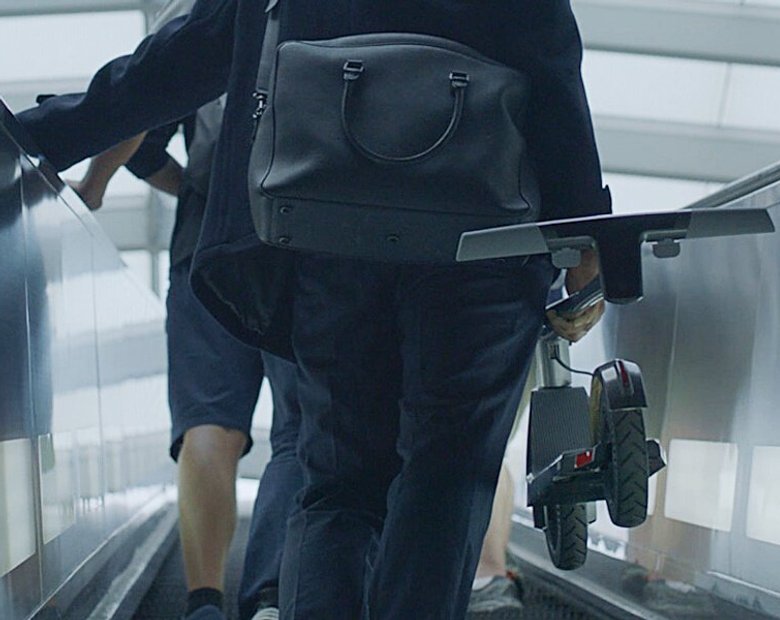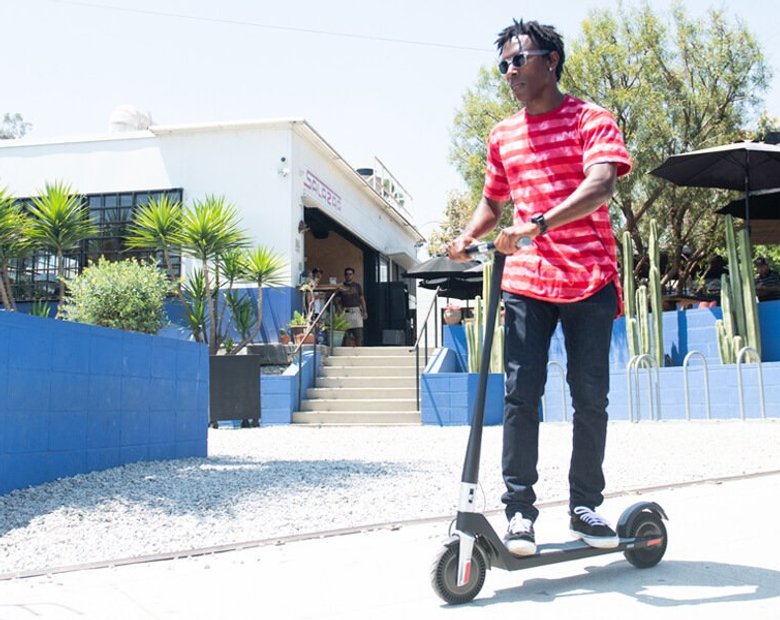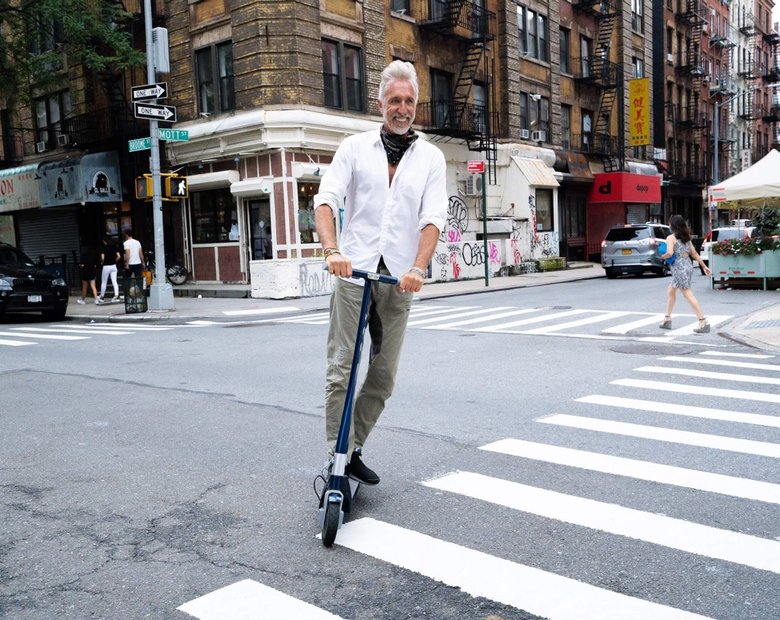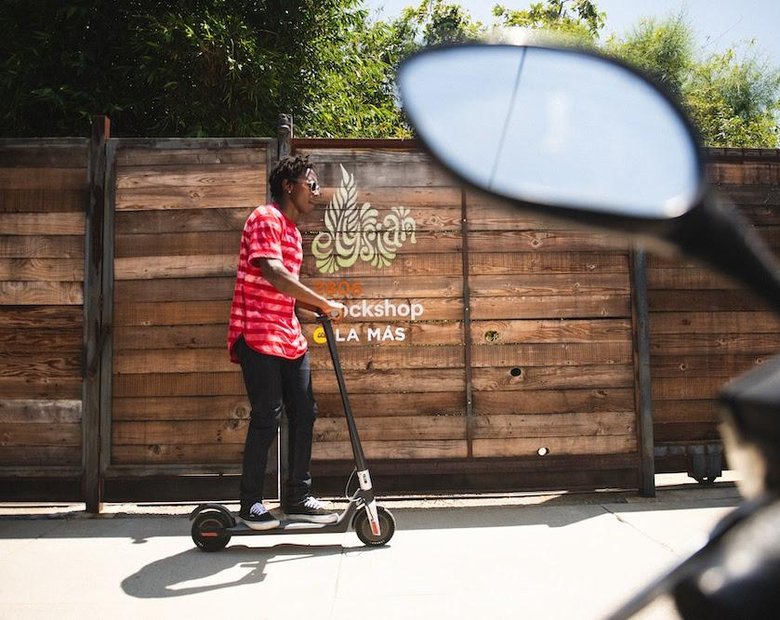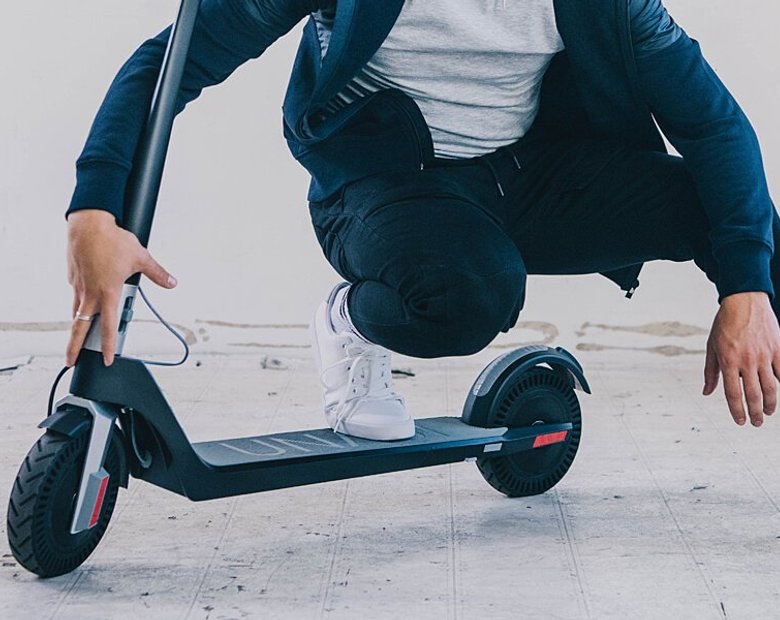You’ve seen them all over your city’s streets, and everyone who rides one looks absolutely thrilled. So, why haven’t you picked up your own folding electric scooter yet? Maybe you’re worried about whether e-scooters require a driver’s license, or a specialized license like motorcycles? Maybe you don’t have a driver’s license. Can you still ride an electric scooter, shared or otherwise?
As with most such questions, the answer is “it depends,” but in many cases it’s “yes!” This is actually one of the special benefits of micromobility as a mode of transportation, especially with regard to cities that seek to equitably provide transportation for all and optimize for effectively moving people through our world, instead of cars.
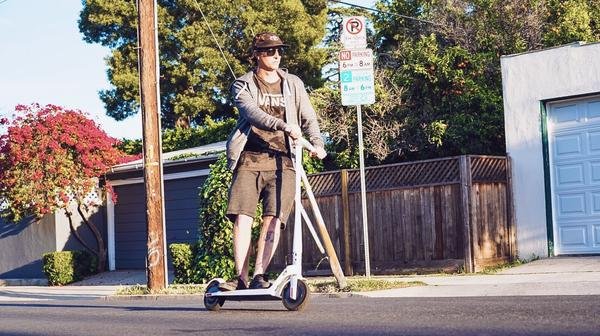
France has a set of laws regarding the use of electric scooters, but the country does not have specific guidelines as to whether you need a driver’s license to ride one. Sharing apps like Lime and Bird typically require customers to upload a picture of their license when they make an account, but these are corporate policies which do not apply to personally owned scooters. The rules surrounding e-scooters in France block you from riding on sidewalks, set the minimum rider age to 12, and enforce a 25 km/h top speed. French authorities are primarily concerned with enforcing these regulations, and because licensing is not included in their e-scooter legislation, it is safe to assume that like a bicycle, you may ride your own e-scooter without a French driver’s license.

International Scooter Laws
Elsewhere in the world, laws can also vary widely.
The UK has only just begun trials for electric scooters on city streets. Riders can rent shared scooters but cannot yet ride private scooters on public roads. Electric scooters are classified as motor vehicles, and so all riders must have a valid driver’s license and be over the age of 16 to ride them.

Australia’s laws vary by state and territory. In both Queensland and Victoria, you will need a license to ride an electric scooter.
Scooter laws in Japan are strict: In addition to license plates, insurance, and registration, scooter riders must also have a valid motorcycle license.
Canada’s scooter laws vary by province, state, and city. In most provinces, you can ride an electric scooter without a license, though minimum age requirements apply, but some places do require a driver’s license.

Conclusion
The laws around electric scooter riding are constantly evolving. With new scooter-specific laws set to be passed in 2021, the grey area scooters currently sit in should become more clear. The positive news for prospective and existing Unagi riders is that over the first 3 years of the meteoric rise of folding electric scooters in the world, regulatory bodies seem to have been shifting toward regulating small forms of micromobility (like scooters) differently than larger vehicles like mopeds and motorcycles. Governments love how they aid to achieve equitable transportation goals (since many cannot afford a car, gas, parking, and auto insurance), as well as drastically reduce carbon footprints with vehicles that are human-sized and electric. And they’re easier to operate and straight up fun.




